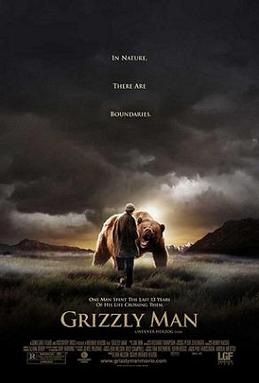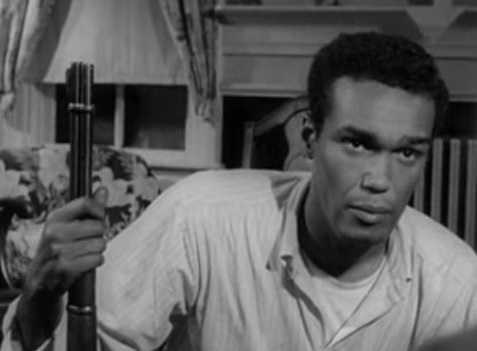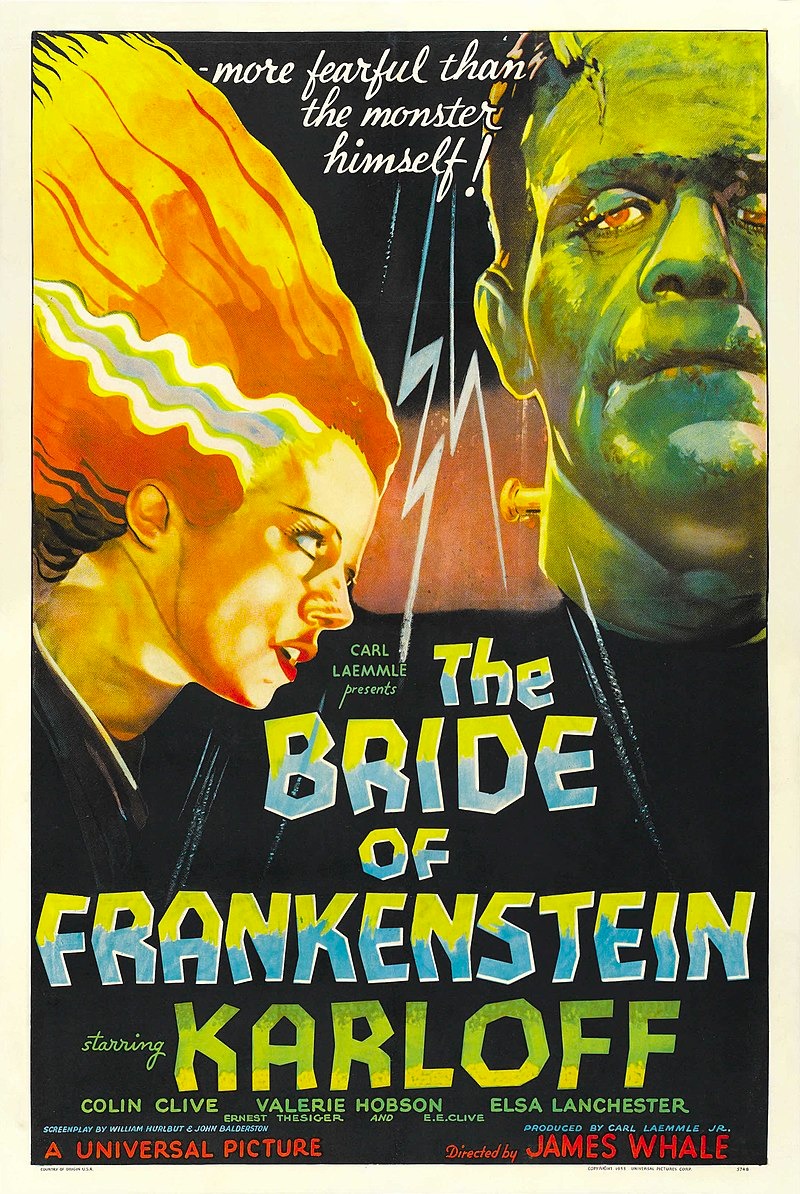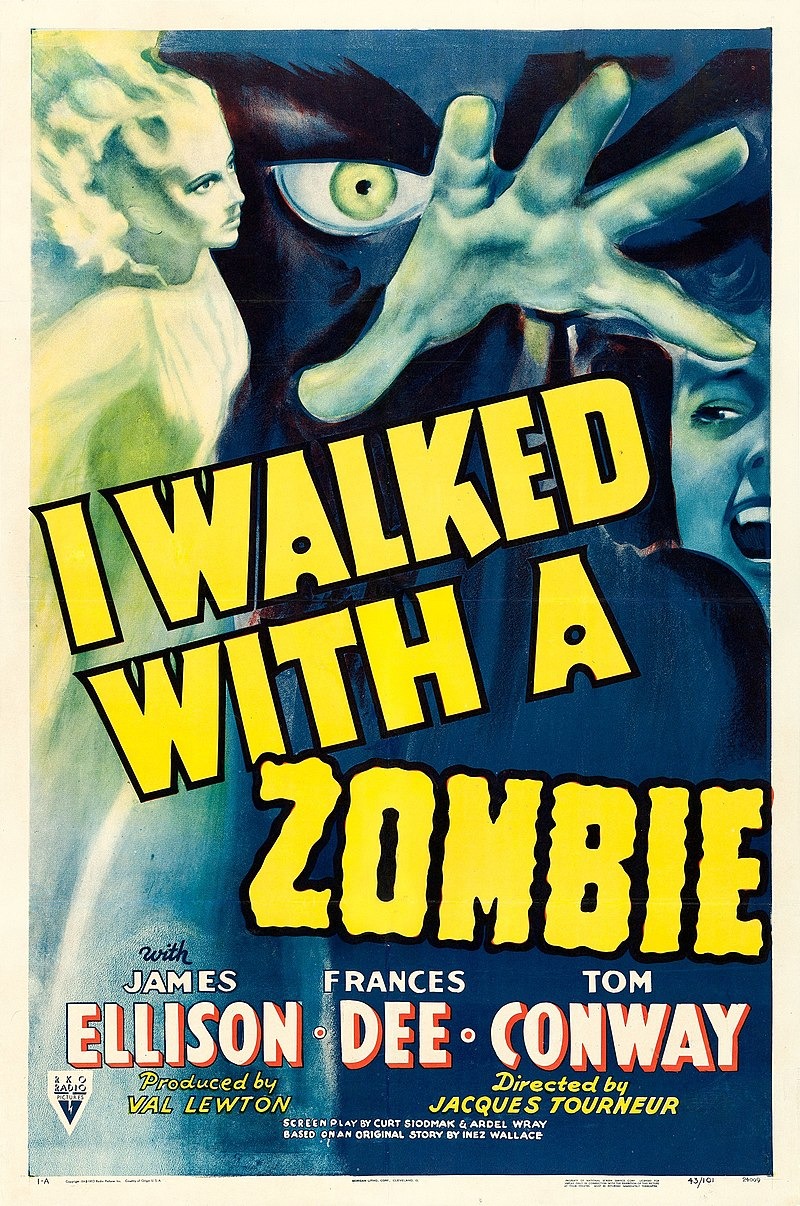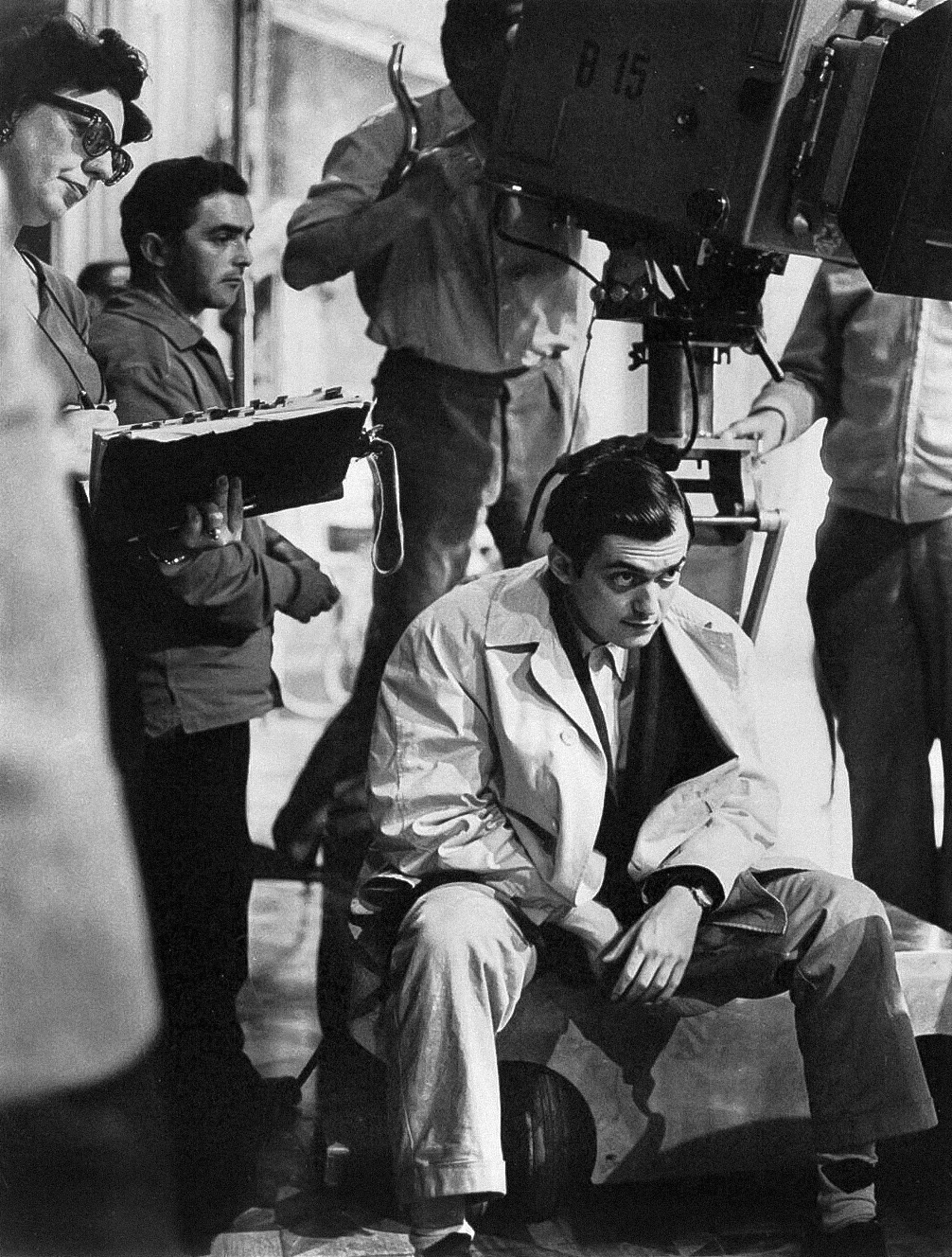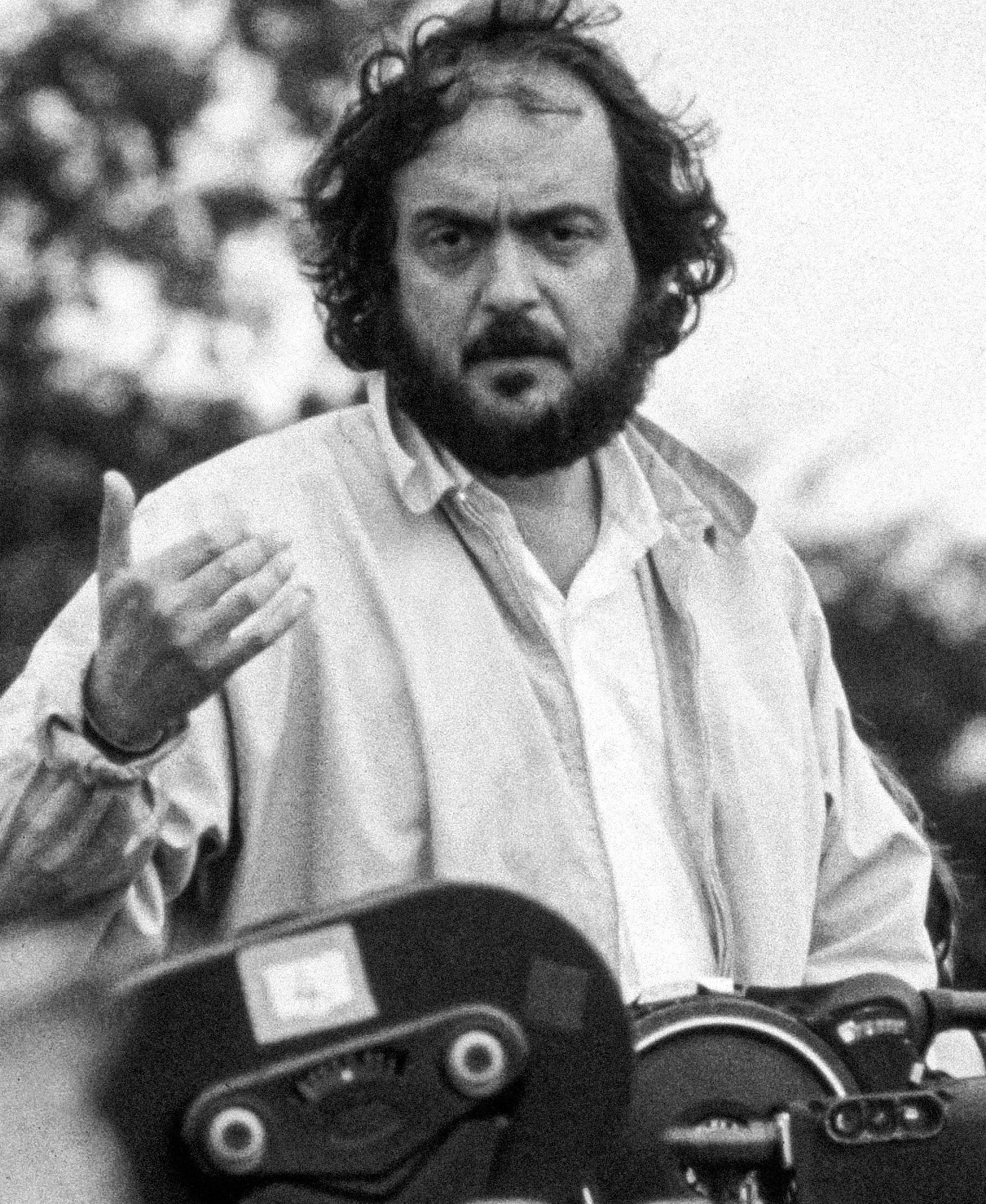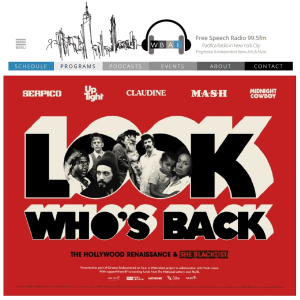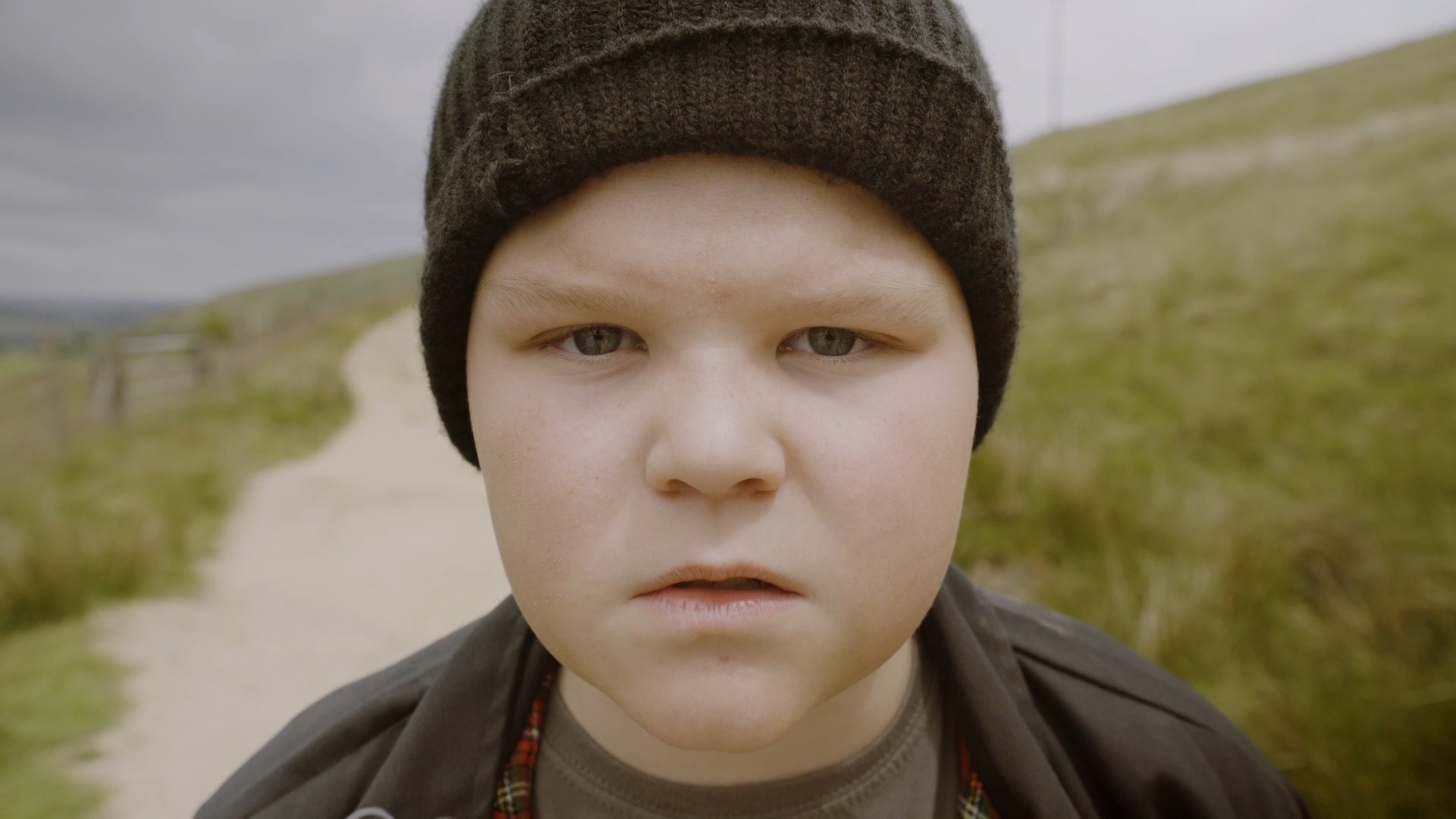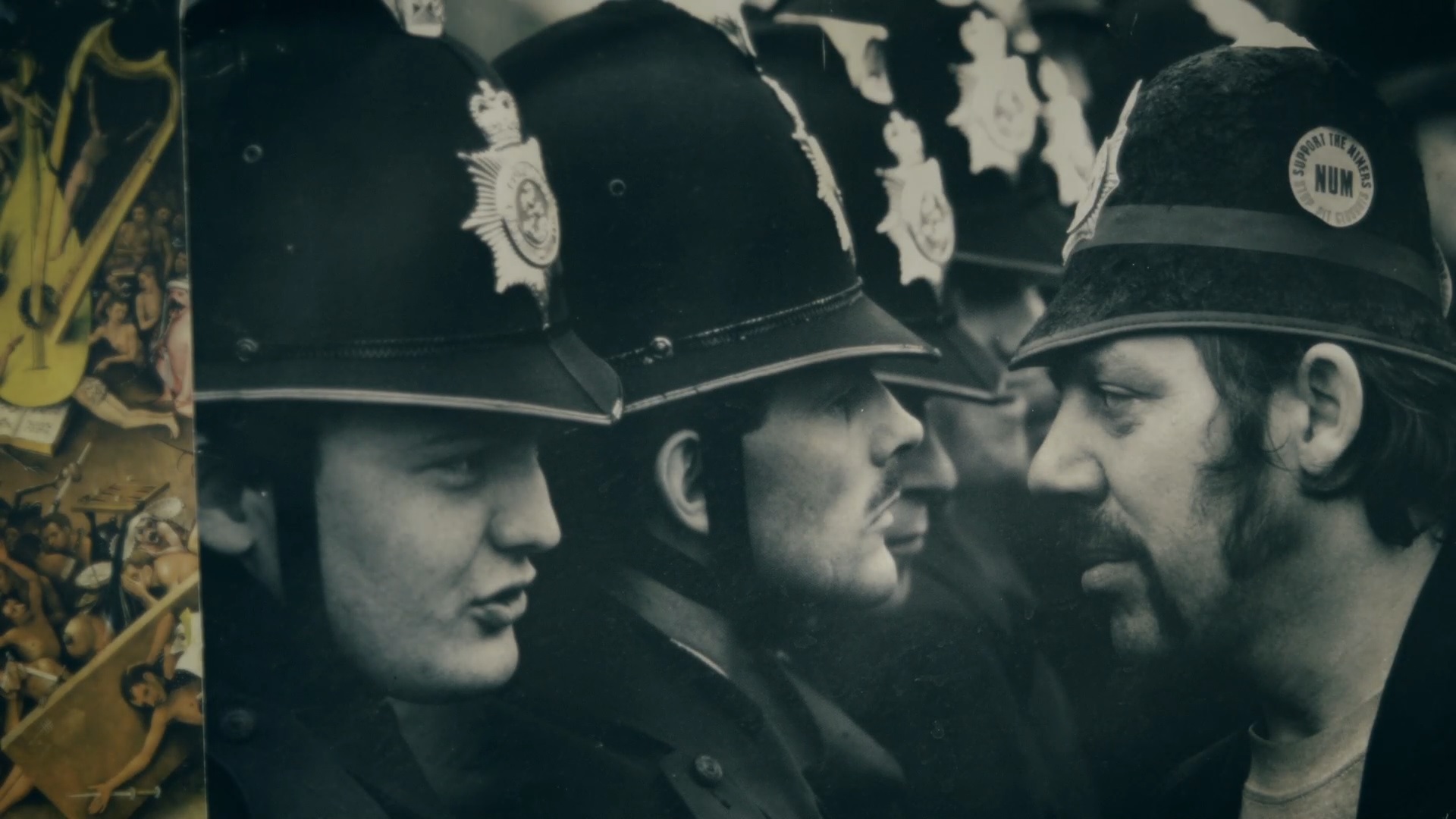
A taste for paradox and contradiction: a review of 'Godard Cinema' by Cyril Leuthy
Cyril Leuthy composes his posthumous portrait of one of cinema’s great enigmas by entwining, with painstaking precision, original and archived interviews, film clips, newsreels, epistolary recitations and scripted voiceovers. The resulting narrative is totally and memorably Godard, running at 24 frames per second with a clear beginning, middle and end, in that order.
The narrator reminds us that the late Jean-Luc Godard produced over 140 feature films, documentaries and shorts in his lifetime as a part of his absolute quest for cinema, to capture its purity, its humanity, its incredulity, and that he sacrificed his psychological, emotional and spiritual wellbeing at the altar of the seventh art as a consequence.
As Godard himself comments ‘As a boy I was already in mourning for myself, my one and only companion’ and, later in life, ‘Does the fact that I make images instead of having children prevent me from being a human being?’
He was born into privilege in Paris in 1930, his father, Paul, was a doctor and his mother, Odile, worked for a bank. The family was ‘fairly intellectual’ but, as his father observes, Jean-Luc ‘always wanted to be apart. He wanted to follow his thought, only his thought’.
In 1946 he went to study at the Lycée Buffon in Paris and, through his family’s connections, mixed with members of the cultural elite. He failed his baccalaureate exam first time around in 1948, but then passed in 1949. He subsequently registered to study anthropology at the prestigious Sorbonne University but, unsurprisingly, never attended.
‘When I was at the Sorbonne,’ Godard explains in Leuthy’s film, ‘little by little I became interested in cinema. I discovered film clubs and the Cinémathèque Française, and I met guys like Truffaut, Rivette, Rohmer, Chabrol …’
By 1952 he was writing criticism for Cahiers du Cinéma, the famous French film journal which fathered the now infamous auteur theory. Here he praised the gloomy romanticism of North American directors such as Nicolas Ray and Howard Hawks as opposed to the formalistic artfulness of Orson Welles and William Wyler.
His mother then died in an accident in 1954 but his family didn’t wish for him to attend her funeral. As his sister, Veronique, explains, ‘Making films was not considered in the family line, where you study, you become this or that. But he was considered as a so-called artist …’

Godard’s creative response to such an opprobrious body blow was to knock the wind out of everybody else in sight with his debut feature film, ‘Breathless’, in 1960. A cool and casual iconoclastic collage of pop culture, jump cuts and discontinuity, the French New Wave film starred Jean-Paul Belmondo and Jean Seberg, and introduced the subject of Godard’s cinema as cinema itself and, naturally, cinema adored him in return.
‘Will Godard soon be more popular than the Pope,’ opined Francois Truffaut, his friend and fellow director, ‘that is to say just a little less than The Beatles?’
Fame and adoration were simply not enough for the impish Godard, however. ‘I have a taste for paradox and a spirit of contradiction,’ he wrote. ‘The new wave is criticised for only showing people in bed, so I’m going to show people who are in politics and don’t have time to go to bed.’

Thus he shot and released ‘The Little Soldier’, also in 1960. Starring his new wife and onscreen icon of the French New Wave, Anna Karina, the film explored the use of torture during the Algerian War of Independence and, consequently, it was banned in France until 1963.
Although his commercial successes continued with, for instance, ‘Contempt’, starring Brigitte Bardot and Jack Palance, a large bright aperture had opened itself up within Godard and through it he could see that his immediate future lay not simply in the aesthetics of moviemaking, but also in its politics: that is to say, in Marxist critiques of the middle class, capitalism, consumerism and, following the invasion of Vietnam in 1965, North American cultural imperialism.
As the actor and historian, Christophe Bourseiller, recalls ‘[Godard] arrived one day with a crate of [Mao Zedong’s] ‘Little Red Book’ which he had picked up from the Chinese Embassy in Paris.’
David Faroult, author of ‘Godard: Inventions of Political Cinema’, continues that the director wished to document the political climate in contemporary France by focusing on the radical ‘Union of Communist, Marxist and Leninist Youth, a new pro-Maoist group very much influenced by the philosopher Louis Althusser.’

The resultant feature film, ‘The Chinese’, loosely based on Dostoyevsky’s novel, ‘Demons’, was released in 1967, wherein an isolated group of politicised students are portrayed as ‘[The Swiss Family Robinson] of Marxism-Leninism’ in Godard’s attempt to ‘confront vague ideas with clear images’ as one social class sets about overthrowing another.
The Chinese Embassy detested the film however, describing it as the work of ‘a reactionary moron’. In turn, they said if they had the power then they would forbid it from even being called ‘The Chinese’. Godard was disappointed of course, but he wasn’t dissuaded.
At the outset of the now legendary student protests and industrial strikes across de Gualle’s France in May 1968, Godard, Truffaut and others famously travelled to the Cannes Film Festival to demand the event be delayed ‘for the film industry to show solidarity … I’m talking about solidarity with the students and workers, and you’re talking to me about tracking shots and close-ups!’
From 1970 to 1971 Godard marched alongside the Dziga Vertov Group, a political filmmaking collective which, ironically, sought to erase the notion and influence of the auteur by way of Marxist content and Brechtian forms.
Godard was involved in a serious motorcycle accident in Paris in June 1971 however and spent a week in a coma. Leuthy’s narrator comments that, not only did this serve as a metaphor for the director’s political failings, but also for his rebirth: he met the famed multimedia artist, Anne-Marie Miéville, in 1973 and they were married in 1978.
The middle-aged director then entered into a period of exile and experimentation, building the Sonimage studio in his house in Grenoble where he explored and invented new filmic approaches with the latest videography equipment to ‘satisfy his fantasy of making movies all by himself.’
As Henri Langlois, one of the original founders of the Cinémathèque Française in 1936, aptly observes: ‘The last person who made cinema language evolve was Godard … With access to video technology, he would become the new Griffith of cinema.’
Of course, there is much more for audiences to uncover, experience and learn for themselves from Cyril Leuthy’s thoughtful and disciplined documentary about one of the key figures in the history of the moving image.
The documentary’s US premiere is at the non-profit Film Forum Cinema in New York on December 15th 2023, and this will be preceded by Jean-Luc Godard’s final film project, ‘Trailer of a Film That Will Never Exist: Phony Wars’.
In turn, while the digital release of ‘Godard Cinema’ across the US won’t be until February 2024, UK cinephiles can enjoy the documentary now on the BFI Player online. It is highly recommended.
This review first appeared on Arts Express for WBAI 99.5 FM radio in New York.








